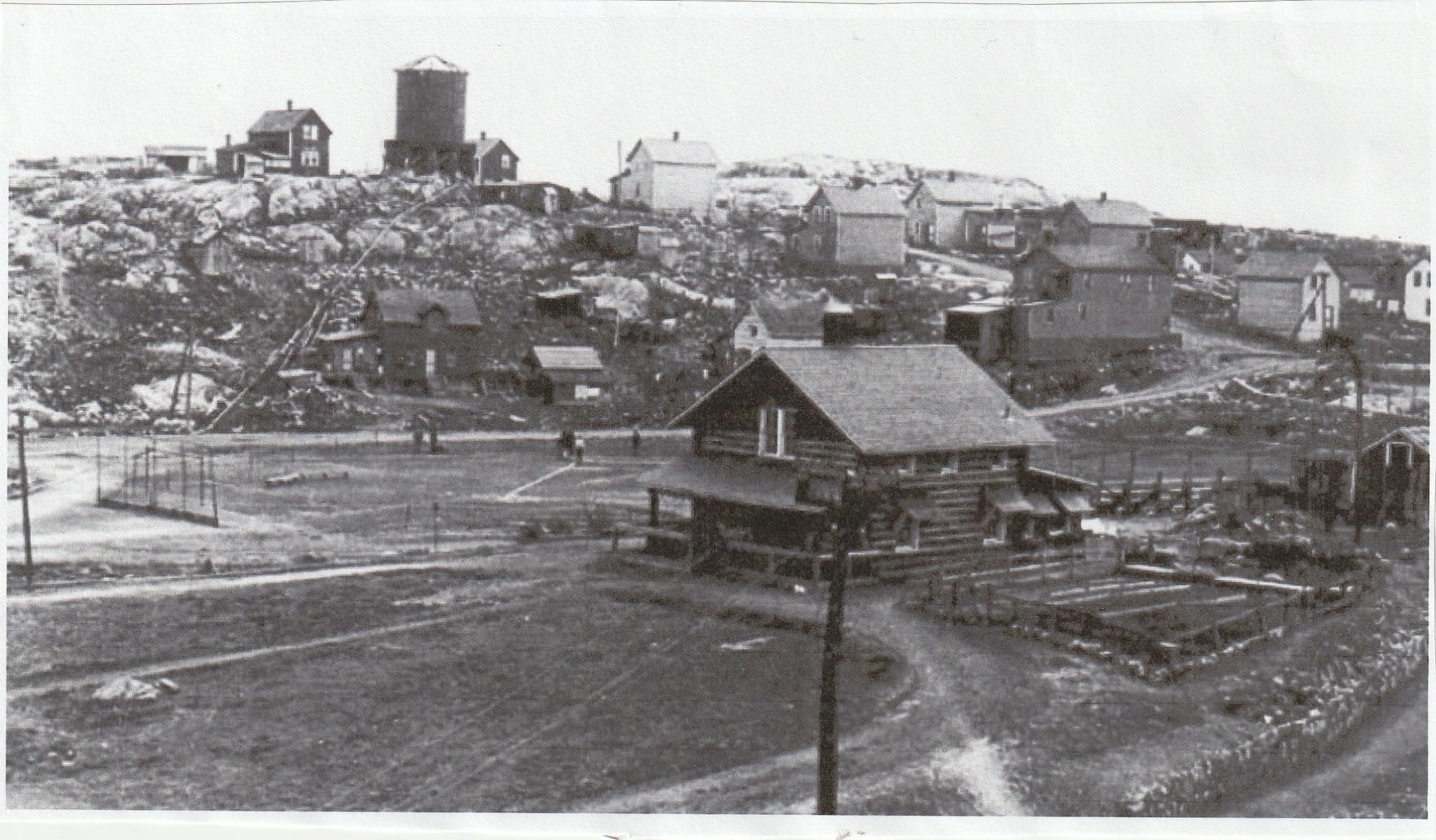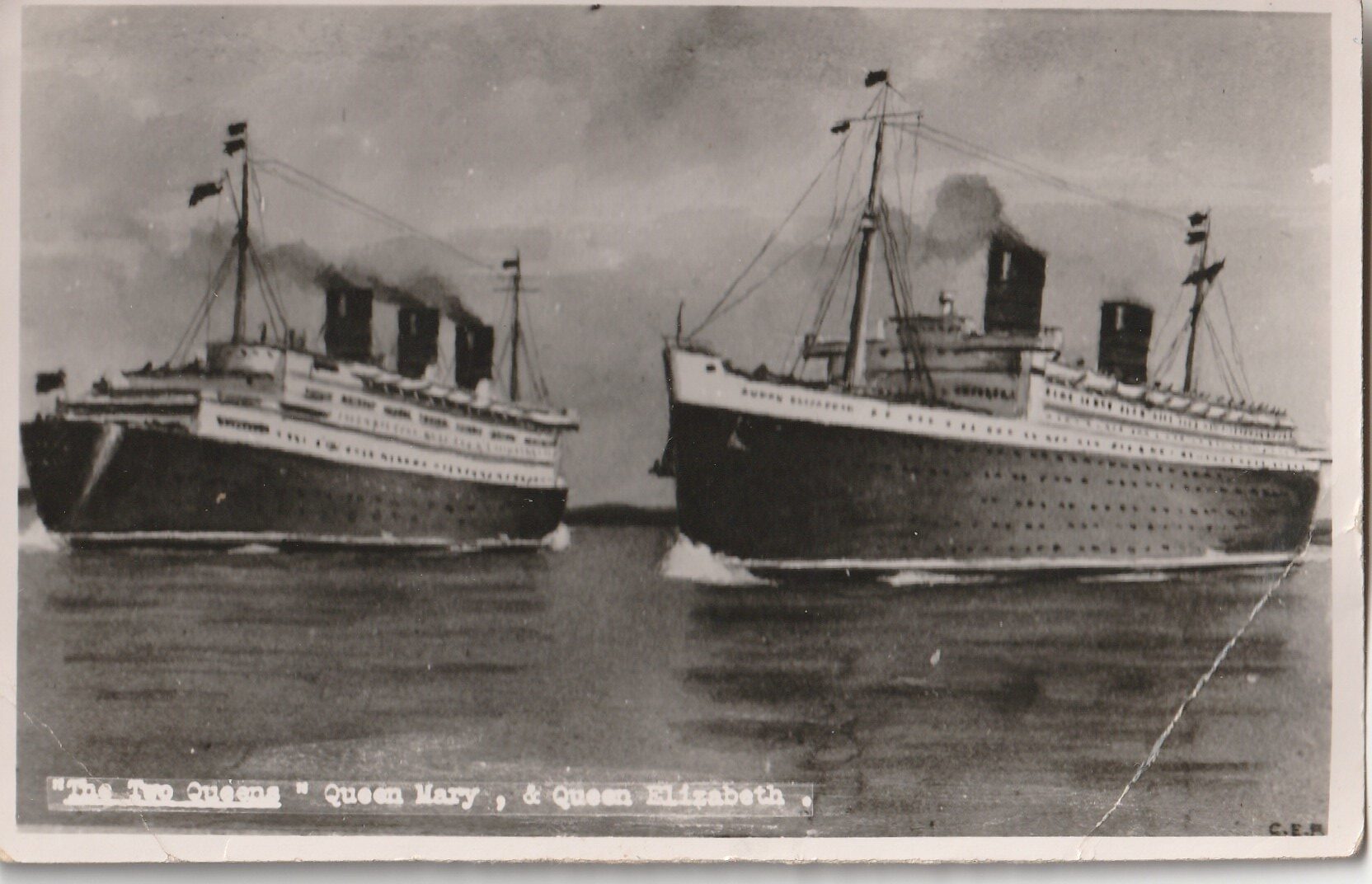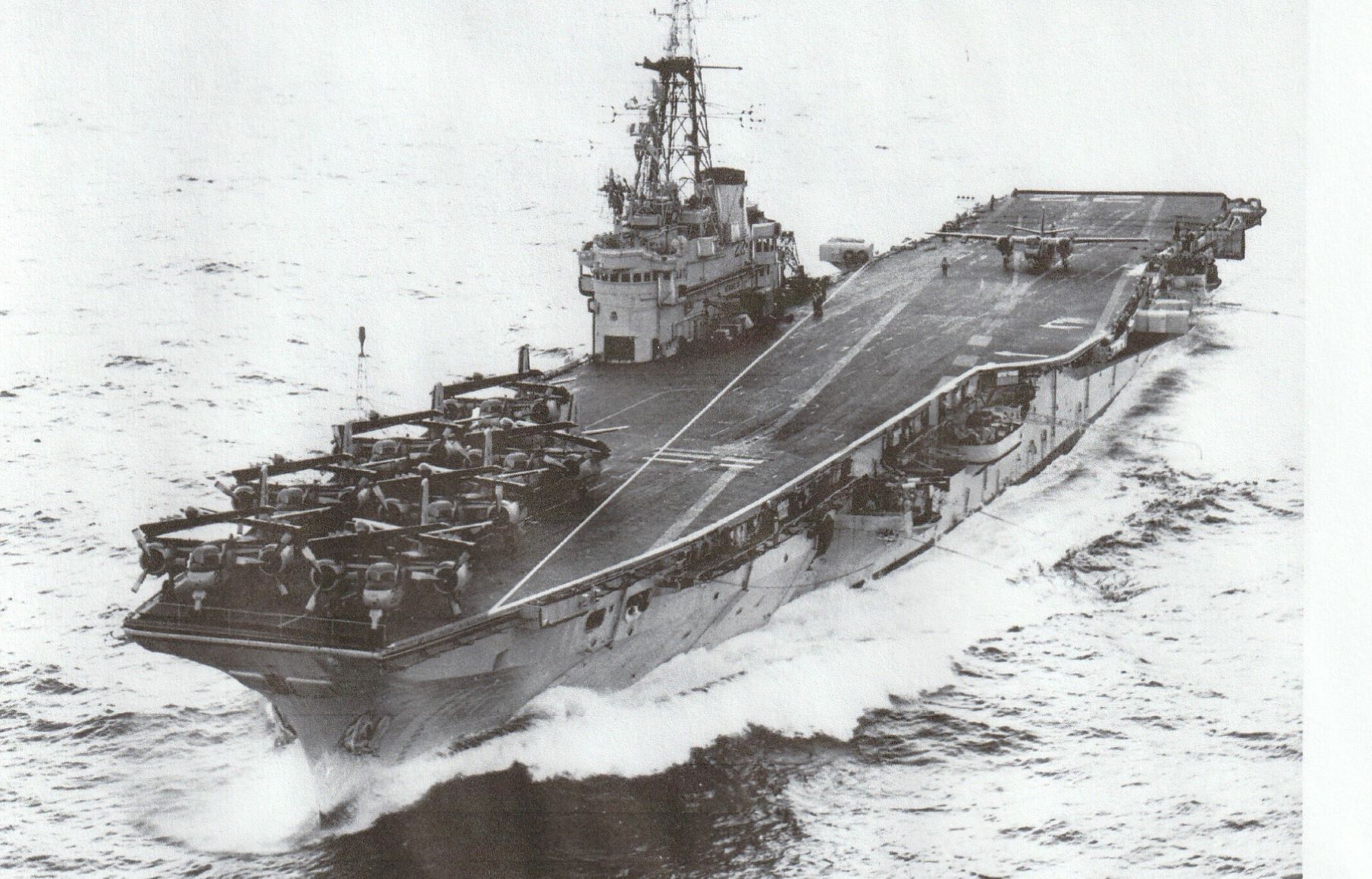Voices after Murder Park, in the damp, in the dark, maybe we should call the law
The Auteurs, ‘After Murder Park’
A request from the author:
Almost twenty-eight years have passed since the senseless slaughter at the Blind River roadside rest-stop. From time to time there is a reminder that the Murder Park case remains unsolved and a few tips will be called in, but these have trickled off to almost nothing now.
I would like to ask that if you are reading this and feel you personally may have a tip, no matter how small, please consider calling it into the:
Blind River Ontario Provincial Police, 241 Causley Street, Blind River, ON., P0R 1B0 Tel. 705-356-2244 or toll free at 1-888-310-1122
It may be something you have kept to yourself for years, possibly believing it not important enough to share. You may have found something discarded since or recall what actually seemed like an innocent comment or action but it may be useful.
Thank you
Ann
Gord and Jackie McAllister
Sixty-two year-old Gord McAllister and his fifty-nine year-old wife Jackie of Lindsay, Ontario, had embarked upon an adventure. They were on their way to Winnipeg, Manitoba on a warm June afternoon in 1991 when they decided to look for somewhere to park their brand-new Winnebago motorhome and stop overnight.
It had been a rewarding day of motoring at leisure along the northern channel route of Lake Huron, chatting and pointing out points of interest. They were barely twelve kilometres west of Blind River on the Trans-Canada Highway when they came upon a rest stop that skirted the picturesque Mississagi River.

It proved to be a beautiful treed space near the river embankment, a considerably private spot out of view from Highway 17 – but clearly not designated for overnight stays. A government-issued sign confirmed as much: NO PARKING OR CAMPING 9:00 PM to 5:00 AM. But what would be the harm? There was nobody else around and the picnic tables and facilities made it all too convenient for an overnight stop. Beneath the swaying fir trees bloomed the vividly orange Devil’s Paintbrush, providing a wonderful ambience to what was now turning into a lovely June evening.

The view was a bonus – and what a view it was: the Mississagi lay directly before them, dotted with silt islands that divided the loud and boisterous waters as they coursed their way to the delta of Lake Huron. It was a slice of Northern Ontarian paradise and they had it all to themselves. The two enjoyed a quiet meal as the sun set upon this idyllic spot, and they ultimately turned their thoughts towards sleep and an early start the following day: Saturday, June 29th. Life was good and all was well with the world. There was not a hint of the horror and abject terror that would descend upon the elderly couple and a lone motorist that night; a night that would see the beautiful little rest stop henceforth dubbed ‘Murder Park’ by the locals.
Gord would later recount to the police that they were awakened around 1 a.m. the following morning by loud pounding on the motorhome door. The visitor identified himself as a police officer and he was informing them that they could not park there overnight. Upon opening the door, a man armed with a shotgun, rifle and a flashlight, pushed his way inside, telling the startled pair that he was going to both rob them and then kill them after “having a little fun”. Shocked, they attempted to obey the intruder’s instructions with Jackie quickly producing her purse to offer whatever values they had. As she dug through the purse, the stranger without a hint of warning, raised the rifle and shot Jackie at close range. Immediately turning on Gord, he shot again, who now wounded, was still able to bolt, get outside and crawl beneath the motorhome, frozen in horror.

Gord would describe to the police how as he remained breathless and in pain, he heard and then saw a vehicle pull into the rest area. The arrival immediately drew the attacker’s attention away from tracking Gord to a young man climbing out from behind the wheel of his car, Gord would describe the young man as seeming to quickly assessing that something was terribly wrong and climbing back into the driver’s seat as the attacker strode forcefully towards the vehicle. No sooner was the young man back behind the wheel than the shooter raised his weapon and shot Brian Major of Elliot Lake, through the windshield, killing him instantly.
Brian Major
Brian Major, a husband and young father, had pulled into the rest-stop to most likely eat his hamburger on the seat beside him or use the washroom. Now he was dead – a young man in the wrong place at the wrong time as his killer raced off into the night.
Gord remained frozen beneath the motorhome, saying later that he “prayed to God that the killer would keep running and he did!”
Eventually, rolling out from beneath the motorhome after the footsteps faded into the night, Gord clambered up behind the steering wheel and careened towards the highway. “I knew that I had to get out to the highway to get some help” he said. He was soon able to flag down the driver of a transport but it was already too late for Jackie as she had already succumbed to her injuries. Of the three victims, Gord, although injured, was the only one left alive.
The Blind River O.P.P. led by Detective Ed Pellerin, wasted no time investigating. Extensive dredging and diving of the Mississagi commenced, extending from the rest stop as far as the Algoma Chrysler Dealership in Blind River, with the chance that the weapons and valuables may have been ditched by the killer.

A witness soon came forward reporting a blue van that emerged rapidly, careening from the rest stop and almost side-swiping the witness on that night, as it headed east towards Blind River. The police would follow-up diligently checking more than 3500 blue vans on both sides of the Canada/United States border.
Gord would survive his wounds and was able to provide a description of the shooter. He described to the police artist a man of slight build, about five foot ten inches tall, with stringy blonde hair and a receding hairline. The media would rapidly take up the image and posted it far a wide.
Some years later, Gord would review an array of photographs for the Ontario Provincial Police, Ron West’s amongst them. West, by this time, was languishing in jail for a series of particularly vicious robberies and assaults of both seniors and women that he had been convicted of in 1995.
He did not immediately identify any one of the lay-down but did hesitantly give it a second thought and suggested that the picture of West did resemble the killer. Unfortunately this was not enough even with the fact that West both owned a blue van and had a record for armed robbery and assault.
Ron West’s beleaguered wife, Reina, would later tell police about a conversation between West and herself as they drove by the rest-stop about a month after the murders. “I said to Ron,” she said “I hoped the cops nailed the bastard who did this.” She went on to say that he responded “The guy who did that knew what he was doing. They’ll never catch him.”

For two summers after West’s arrest for the robberies and some four years after the rest stop murders, police divers continued to comb the silty floor of the Mississagi river bed near Reina’s apartment. This was the same building where she and Ron had lived, along with Ron’s two sons. It was rumoured that they were still searching for the murder weapon, and curiously, a blonde wig. When Reina saw the sketch that had been produced from Gord’s description, she remarked that the drawing looked a lot like Ron, but with a wig on!
Gord McAllister would eventually remarry, knowing some happiness again before passing away on Valentine’s Day in 2012 at the age of 84. He would never learn the identity of the monster who tore his life apart.
Brian’s family continue to wonder if they will ever find some sort of closure in knowing who tore a husband, son and father from them. Brian would be remembered as “an avid outdoorsman and a guy who would give you the shirt off his back”.
Iona Major, Brian’s mother, praised the O.P.P. for all their hard work, hoping that one day Brian’s murder would be solved. “I just hope that they continue working.”
Over twenty-seven years have passed since the massacre at Murder Park and the locals of Blind River will still relate that the night of June 28th, 1991 was a night of innocence lost. They will tell you that they have no doubt that the perpetrator lived among them, owned a 1989 blue van, and was the man image identified in the picture array by Gord McAllister, and that his name was Ronald Glen West.
For years after West’s conviction for the Moorby/Ferguson murders, police investigations carried on in an attempt to establish West as the perpetrator of the egregious murders at the roadside stop on the Trans Canada Highway. “However,” Inspector Don MacNeil would explain, “we couldn’t get enough on West to give to the Crown Attorney, in fact, we were told that we unless we could put West in the motorhome, through trace evidence, there wasn’t enough”.

The lives of the families and friends of the victim would be scarred forever. A long procession of cops in the years that followed wanted desperately to give some sense of closure to the survivors. As one of the officers involved in the investigation put it, “We need to speak for the dead.” Another explained that seeing the impact on the victims and their families served as a huge motivator in his work as a police officer.
On recalling pictures of the murder scene, Detective Inspector Don MacNeil would say that he would always remember the sight of the Burger King wrappers amidst the blood on the front seat of Brian’s car. The seasoned old cop would never shake the image.




Anonymous
says:Thanks for the write-up on this case. I remember seeing it on Unsolved Mysteries and it was pretty scary. Do you know what happened to the RV? I’m guessing it was police evidence for a while.
Anonymous
says:Great question. I asked this one too. Apparently it was destroyed not long after the incident; no doubt after the police had examined it to the extent of the tools they had in their forensic tool-box at the time.
Anonymous
says:The killer has such a distinct look. I’m surprised he hasn’t been captured considering the low population of the area it took place. He might have lived far away. Either way, sad case.
ann burke
says:Yes, it is a very sad case. Be sure to watch for my book ‘The Seventh Shot’ coming out in 2020 and learn the whole story.
Zach
says:Very well done! I’m interested in buying your book, is it already available?
Ann Burke
says:The Seventh Shot will be available in e-book and hard copy by September of 2020. Watch the website and future Facebook page for full information.
Zach
says:I look forward to it, thank you Ann Burke. Keep up the great work!